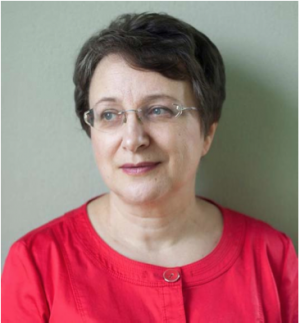Feminism in Russia


Natalia Pushkareva will provide a broad overview of the history of the women’s movement and feminism in Russia from the epoch of the Catherine the Great (last half of the 18th century) to the beginning of the 21st century. The first steps of this movement in Russia were mostly confined to the aristocracy and linked to the influence of the ideas of the French Revolution. The new treatment of women led to the appearance of a new type of Russian women who participated in the political, social and cultural life. Pushkareva will show how the idea of feminism in Russia remained closely tied to revolutionary politics and social reform.
After the February Revolution of 1917, feminist lobbying resulted in suffrage and nominal equality for women in education and the workplace. However, even into the late Soviet period, women continued to experience discrimination in certain careers (including politics) as well as income inequality and a greater burden of household work. Pushkareva will conclude her discussion of the history of women’s organizations with the present time, when the Russian Orthodox Church calls feminism a “mortal sin.”
Natalia L. Pushkareva is professor, leading research fellow, and head of the Women’s and Gender Studies Department at the Institute of Ethnology and Anthropology, Russian Academy of Sciences. Her fields of interest include gender history, history of family relations, the social anthropology of the academic community, as well as the history of sexuality in medieval, modern, and contemporary Russia. The chief editor of the yearbook Sotsial′naia istoriia (Social history), she also serves as president of the Russian Association for Research in Women’s History. She has authored numerous publications, among them: Zhenshchiny drevnei Rusi (Women in Medieval Russia) (Moscow: Mysl’, 1989); Women in Russian History from the Tenth to the Twentieth Century (New York: M. E. Sharp, 1997); Russkaia zhenshchina: istoriia i sovremennost’ (The Russian woman: past and present) (Moscow: Ladomir, 2002); Gendernaia teoriia i istoricheskoe znanie (Gender theory and historical knowledge) (St. Petersburg: Aletheia, 2007).
Sponsors: Center for Russian, East European, and Eurasian Studies and the Institute for Research on Women and Gender.
